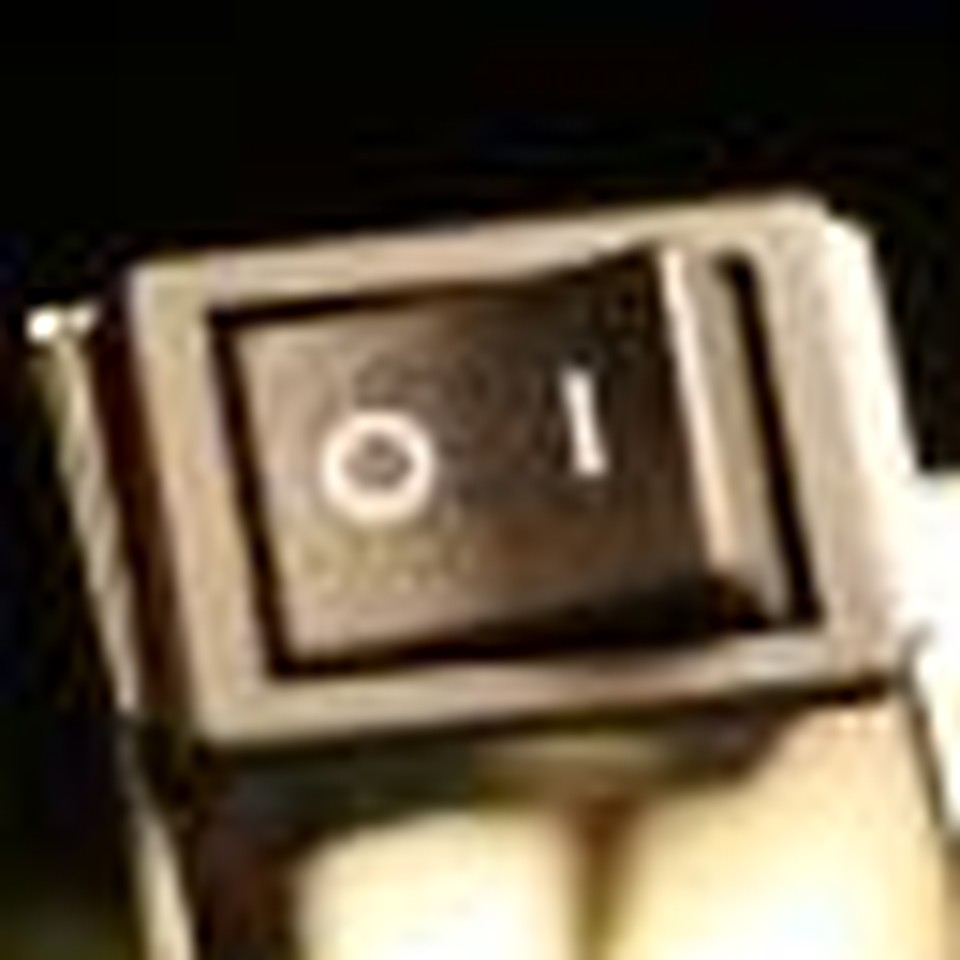Christians Foregoing Facebook for 'Digital Fasting'

In the world of faith-based social networking, evangelical Christian leader Mark Oestreicher commanded a huge chunk of cyberspace.
Known as "Marko," the technological hipster amassed 4,000 Facebook friends, 1,500 Twitter followers and 2,000 daily readers of his blog.
But then he decided he'd had enough -- and unplugged from his online circle of friends.
"It's not that I don't think online connections are real. It's just that they are perpetually superficial," said Oestreicher, former longtime president of Youth Specialties, a company based in El Cajon, Calif., that specializes in youth pastor training materials and seminars.
In an age when many religious leaders embrace the latest technology and even "tweet" from the pulpit, some -- like Oestreicher -- are reassessing the potential negative impact of online overload.
"Unplugging has become essential to my spiritual journey and truly hearing God," said Anne Jackson, an author, speaker, and volunteer pastor at Cross Point Church in Nashville, Tenn. "For me, all the noise can drown that out if I'm not careful."
Jackson, author of the book "Mad Church Disease: Overcoming the Burnout Epidemic," maintains a church leadership blog at Flowerdust.net that draws 150,000 page views a month, by her estimate.
She has 6,700 Twitter followers.
But earlier this year, she closed her Facebook account -- saying goodbye to 2,500 friends -- and committed to spend less time on Twitter and her blog.
She finally acknowledged what her husband had hinted for a while:
She had become a little obsessed with her online persona.
"For me, Facebook was a problem," Jackson wrote in an essay titled, "Why I Kissed Facebook Goodbye."
"I don't believe everyone should quit using Facebook, or be afraid of it if one hasn't started," she added. "We just need to be aware of the ways any form of media can interrupt our time with God or those closest to us."
Balance is the key, said Peggy Kendall, an associate professor of communication studies at Bethel University in St. Paul, Minn., who has researched the impact of technology on society.
She bristles at the notion that online connections are "perpetually superficial."
"While there are certainly limitations to online communication, there are also significant benefits to communicating online that one can only rarely experience face to face," said Kendall, author of the forthcoming book "Reboot: Refreshing Your Faith in a High-Tech World."
In the old days of youth ministry, a pastor might endure years of junior high gym nights and overnight retreats before a student would feel comfortable enough to share deep hurts and uncertainties and ask authentic questions, she said.
But in an age of texting and instant messaging, a student might divulge "intensely personal things" within days of getting to know the youth pastor, Kendall said.
Students "have found that the hyperpersonal nature of online communication provides them a safe place to be real and communicate freely," she said.
Rather than unplug entirely, Kendall advocates that people of faith periodically "fast" from technology -- to assess what's helpful about their online activities and what's simply distracting.
This concept has become a "huge conversation" in the classes that theology professor Dillon Burroughs teaches at Tennessee Temple University in Chattanooga, Tenn.
"I call it `digital fasting,' although I recommend short breaks since it is like asking someone my parent's age to stop using a phone or reading a newspaper," said Burroughs, a former pastor who networks extensively with ministry leaders and has more than 38,000 Twitter followers.
During the week, the Rev. Margot Starbuck, a mother of three who works as a writer and speaker, said she writes, blogs and typically replies to e-mails within minutes of receiving them.
"If I'm not at my computer, I'm wondering what I'm missing," said Starbuck, an ordained Presbyterian pastor who lives in Durham, N.C. "I check e-mail first thing in the morning and often as the last thing I do before bedtime. I am not proud of that."
Even on Sundays, when she wasn't technically working, she found herself staying busy with e-mail and computer games.
So, she implemented what she calls "Unplugged Sabbath" -- no computer all day long.
"When I wake up in the morning, when I'd typically start mentally tuning in to work on the computer, I find I have nothing better to do than crawl in bed with my daughter," Starbuck said.
"After worship, when I don't have to be about my own business, I'm freed up to take a hike with my family and be entirely present to them,"
she added. "By the time evening rolls around, I don't even want to check the e-mail that's backed up all day."
In Oestreicher's case, he said he's not suggesting that everyone delete online profiles and stop using the Internet.
Rather, he said he made a personal decision to choose "best over good" and stop constantly checking his Blackberry for updates.
Trying to maintain hundreds -- and even thousands -- of online connections distracted from his real-life relationships with his family and colleagues, he said.
Months after unplugging, he voiced surprise at how little withdrawal pains he experienced.
"I think that was primarily because I so immediately saw a return of four things I was hoping for: time, presence, focus and creativity," he said. "My family could tell the difference, and my co-workers also. It was rather astounding, actually."
c. 2009 Religion News Service. Used with permission.
Originally published October 28, 2009.





